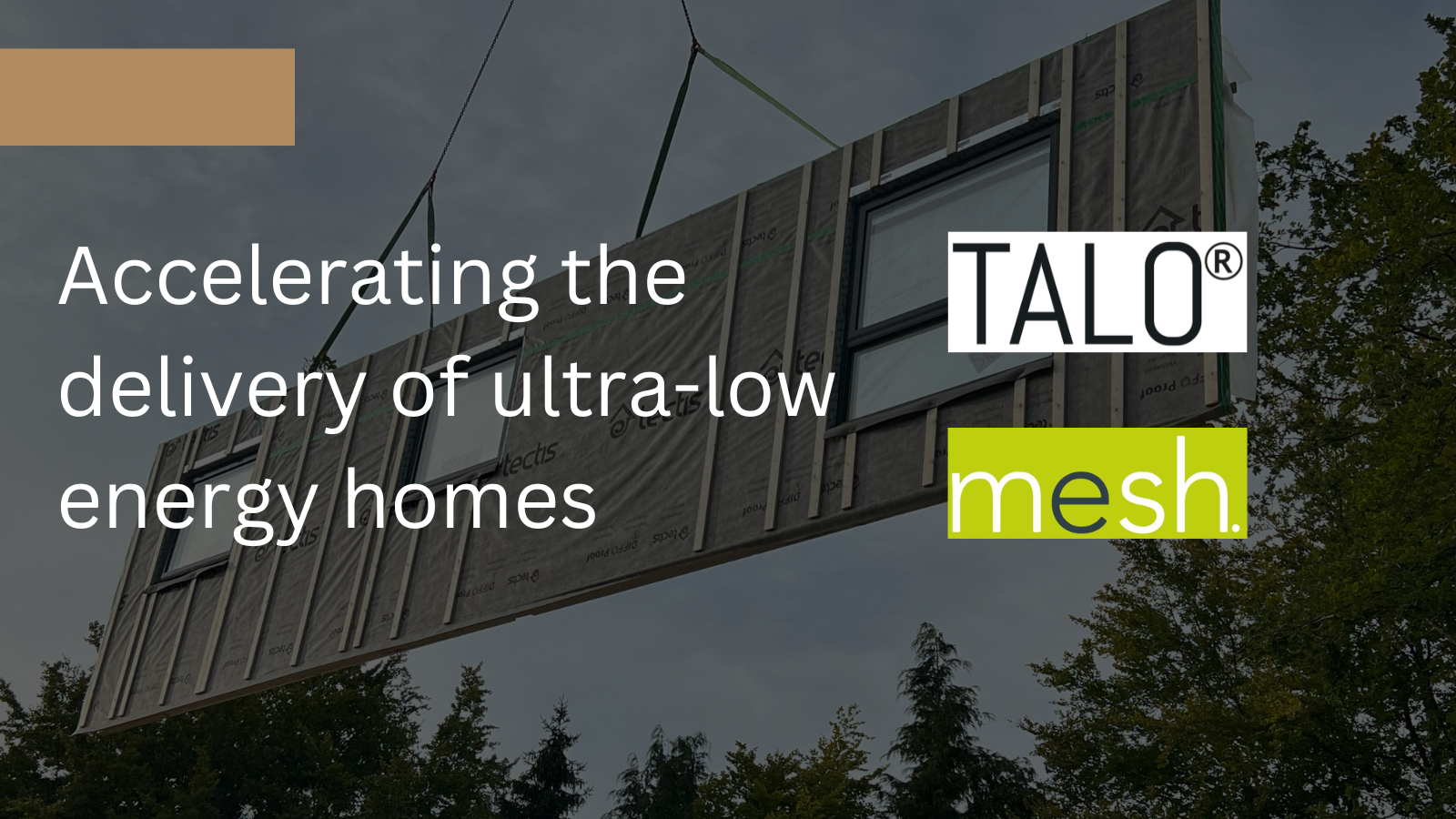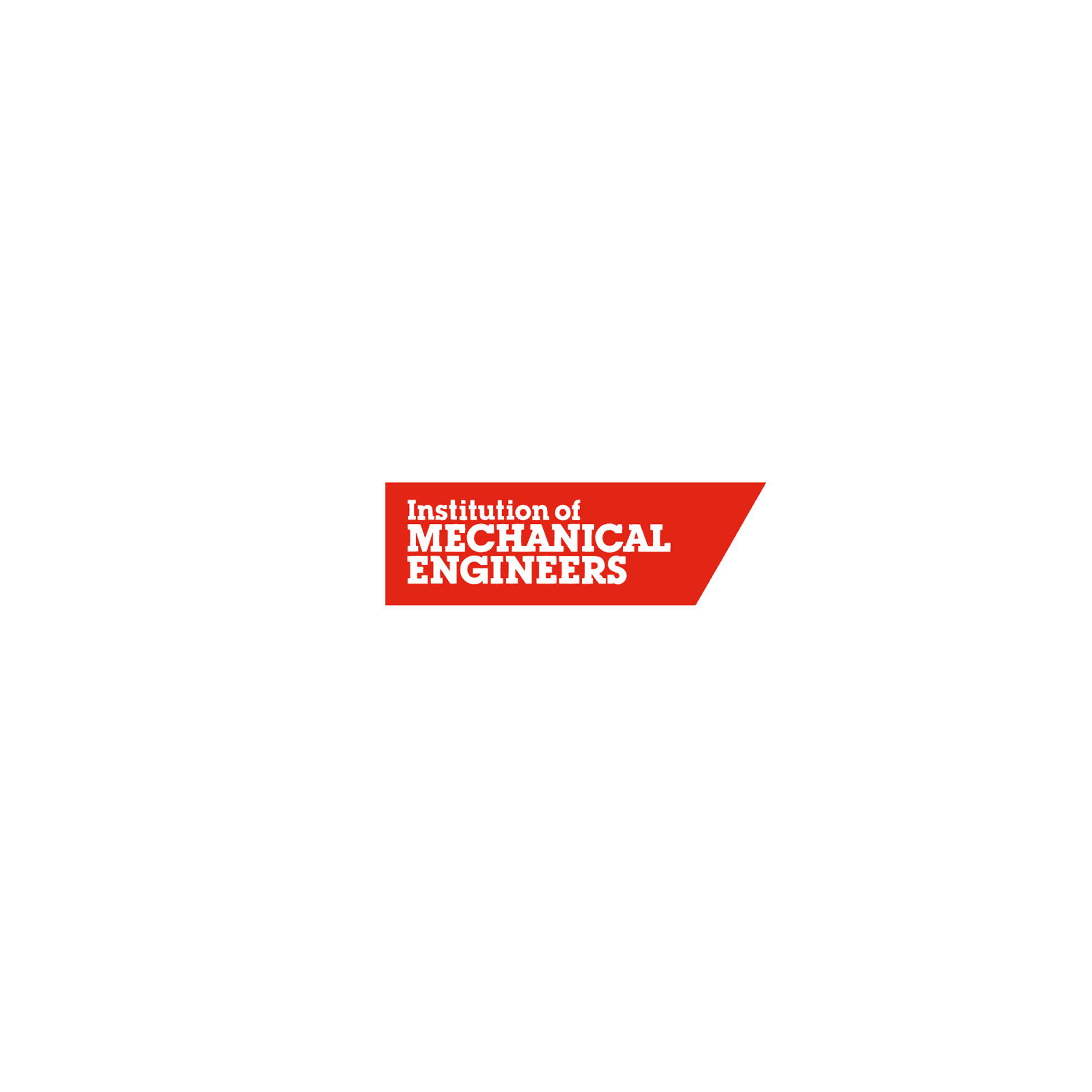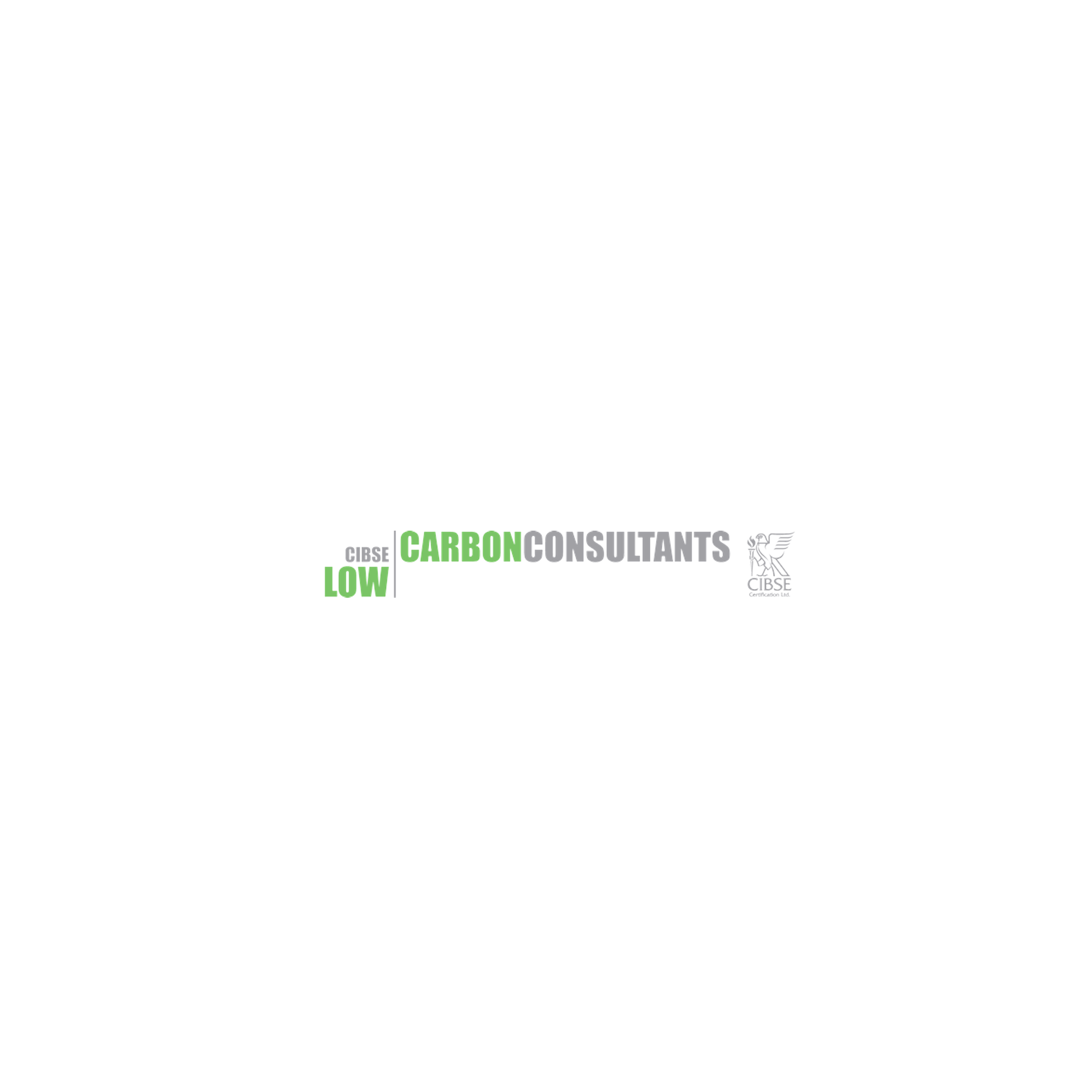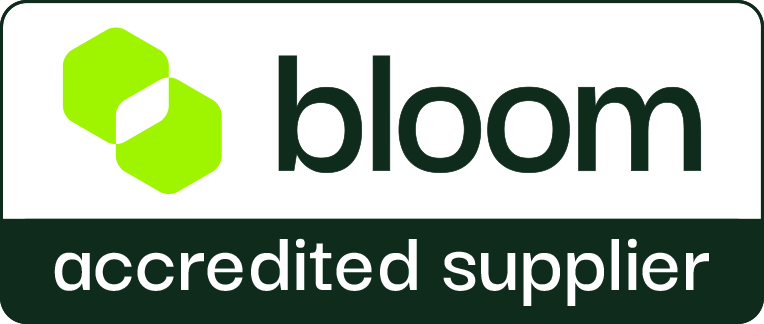Mesh Energy: Our B Corp Journey - Part 1
Welcome to the first in a series of posts about our journey to becoming a Certified B Corporation which we'll be publishing over the coming weeks.
Also - hi! We know we've been away from our blog for a while. We've been busy focusing on other areas of the business, such as growing
Meshwork, but it's good to be back and we're excited about sharing loads more great educational and inspiring content with you. If you have any questions about becoming a B Corp or anything else - please don't hesitate to reach out!
What is B Corp Certification?
B Corp Certification is a designation that a business is meeting high standards of verified performance, accountability, and transparency on factors ranging from employee benefits and charitable giving right through to supply chain practices.
In order to achieve certification, a company must: demonstrate high social and environmental performance; make a legal commitment by changing their corporate governance structure to be accountable to all stakeholders, not just shareholders; and exhibit transparency by allowing information about their performance measured against B Lab’s standards to be publicly available on their B Corp profile on B Lab’s website.
Certification is acquired through a points-based assessment and the pass mark for certification is 80 points.
Why did we decide to go for our B Corp Certification?
Originally, we started out by looking at British ISO Standards to formalise our business processes and sustainability. However, as a service provider we didn’t feel like we had an affinity with the accreditation process.
Around the same time, our marketing partners
Avery & Brown mentioned a more holistic approach to us - B Corporation accreditation. My colleague Rhiannon James and I reviewed this further and thought it sat really well with the overall ethos of Mesh. So we went for it!
The process! What did we do, how long did it take, and how much did it cost?
We started the process in November 2020 and it took us 12 months from the time we showed initial interest and lodged our application to when we were initially certified in November 2021.
The first stage was going through a questionnaire across a diverse range of business areas. This stage is completely free to answer and submit. However, once complete and submitted it all went quiet! It took eight months for B Corp UK to pick the application up and come back to us in September 2021 to properly start the review process. This then only took a couple of months.
To make our lives easier when the application was looked at in September, we had already dug out all of the documentation requested to prove our answers. This no doubt made the final review process as painless as possible. Example documents included energy bills, client and staff engagement surveys, modified articles of association, company accounts, evidence of charitable work and donations, etc. Top tip - getting all of this in order in good time will really help you out!
As far as costs go… final certification was £1,000 +VAT. Review and reaccreditation happens every three years.
So, Mesh is a B Corp. What does it mean to us and how did we score?
Personally, I found that the deeper the team and I delved into the accreditation process, the more we realised we had made the right decision. As a team-focused (and subsequently customer-focused) service-based business, the recognition of transparency, employee engagement, diversity, community engagement and customer stewardship is a potent mix. As cynical as we can all get about paying for accreditations (and the abuse of them), the B Corp framework and how we have scored against it will very much be used to chart our company’s progress over the coming years.
And what was our score? As I said above, the minimum threshold to qualify for B Corporation status is 80 points and we came well in at over 98. The maximum available points is 140, so we have some way to go. But for a first effort and for a relatively small business we are really chuffed to have punched well above our weight.
Onwards and upwards!
My next B Corp post will take a more detailed look at the scoring methodology. Keep an eye out for it!
SHARE THIS POST WITH YOUR NETWORK
